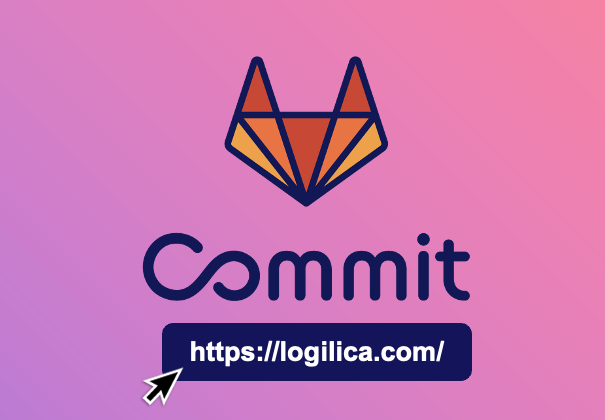The Shifting Bottleneck Conundrum: How AI Is Reshaping the Software Development Lifecycle
The impact of AI: Real gains or shifting bottlenecks?

To celebrate GitLab's latest release and GitLab Commit 2021 we offer free cycle time readout of all of your personal and company projects hosted on GitLab.com for a limited time. Use this link and your GitLab credentials to sign into Logilica Insights and we let you know about your software teams cycle time, delivery velocity and much more.
Development cycle time measures the time from your first commit in a merge request until that merge request has been approved and integrated back into the main branch.
Cycle time is generally accepted as a metric for how fast development teams are able to move and how smooth they operate. It has also been shown that cycle time is a decent business proxy for speed to market and ability to be flexible to changing demands.
Cycle Time can be broken down into a number of components:
A hiccup in each of those stage can blow the cycle time. But conversely, long cycle time can point to those hiccups, allows you to identify and fix those process issues.
Wouldn't it be great if you can cut down on review or approval delays, have less context switches and be moving more smoothly and faster? Everyone wins!
Sure do! See how GitLab itself performs. Below is a snapshot of GitLab's own activity in the last 4 weeks leading to their 14.1 Release (btw: check it out!).

As you can see, GitLab on average completes cycles in around less than 3 days. Now, this includes the full-time staff, but also many of the open source contributors. So if you have an open source project you likely will be a bit slower, if you are a fast moving company you might be faster. Really well tuned teams deliver in 24h or less.
What you can see is that GitLab is not a small effort. Over 250 developers contributed in the last 4 weeks alone, creating more than 1,300 merge request and half of them were commuting new code rather than rewriting and fixing existing technical debt. A big effort indeed and no surprise some developers were overloaded so close to a release deadline.
Since GitLab is an asynchronous remote company it is not surprising that the review response time is a bit on the slow side. Over a day in responding to review request probably has room for improvement and would accelerate the teams even more.
Like get insights into your own cycle time? With Logilica you have all that information readily for all your projects and teams at you fingertips and you can bring the whole team together to define your own objectives. Even better, all you need to to is connect your GitLab project and Logilica's continues scanning does the rest.
Like to learn more? Join GitLab Commit event and register for free. We show Logilica helped organisations by data mining their existing treasure troves of GitLab and DevOps meta data, building automated engineering blueprints and bringing engineers and delivery managers together for efficient data-driven teams.
See Logilica's presentation online now!